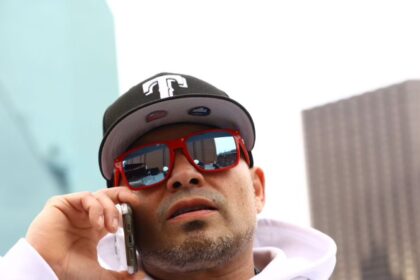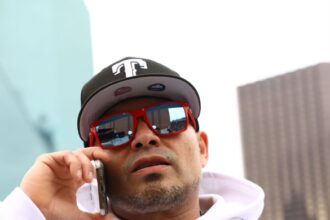The departure of the Nordiques from Quebec nearly 30 years ago left a void in the hearts of many hockey fans, reminiscent of the nostalgia felt by Brooklyn Dodgers supporters. The team’s presence in Quebec overlapped with political efforts for the province’s secession, deepening its connection with fans who saw themselves as a linguistic minority in a predominantly English-speaking world.
Sporting the Quebec flag on their uniforms and singing the Canadian national anthem only in French, the Nordiques embodied the spirit of Quebec’s struggle for identity. Their exit created a cultural void in Quebec that politicians have continuously tried to fill by aiming to bring back the team, culminating in the construction of a state-of-the-art arena worth millions of dollars.
The fervent desire for the Nordiques’ return has transcended generations, with various political leaders attempting to capitalize on this sentiment. Premier Francois Legault made headlines by securing preseason games in Quebec, signaling a strategic move to win back an N.H.L. team. However, his efforts backfired, leading to a decline in public support and making him the least popular provincial leader in Canada.
While Quebec still boasts the Montreal Canadiens, a storied N.H.L. franchise, many in the province never considered themselves true fans due to the team’s ties to Montreal rather than Quebec City. The Nordiques, with their unique identity and nationalist symbolism, resonated deeply with French Canadian supporters, particularly during the era of Quebec’s independence movement.
Despite the fervor for the Nordiques’ return, the likelihood of their comeback remains slim. The N.H.L.’s focus on larger markets and the economic factors involved make Quebec’s bid for an N.H.L. team challenging. While the emotional connection to the Nordiques persists, experts believe the reality of the situation may not align with politicians’ promises of a triumphant return.
As Quebec grapples with its hockey nostalgia and political aspirations, the fate of the Nordiques hangs in the balance, symbolizing a bygone era of nationalist fervor and sporting pride.








